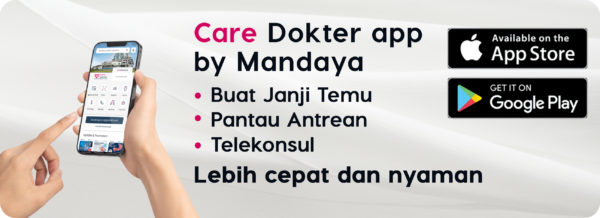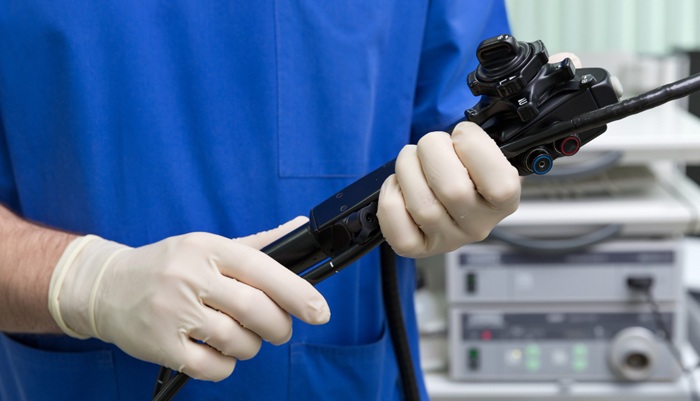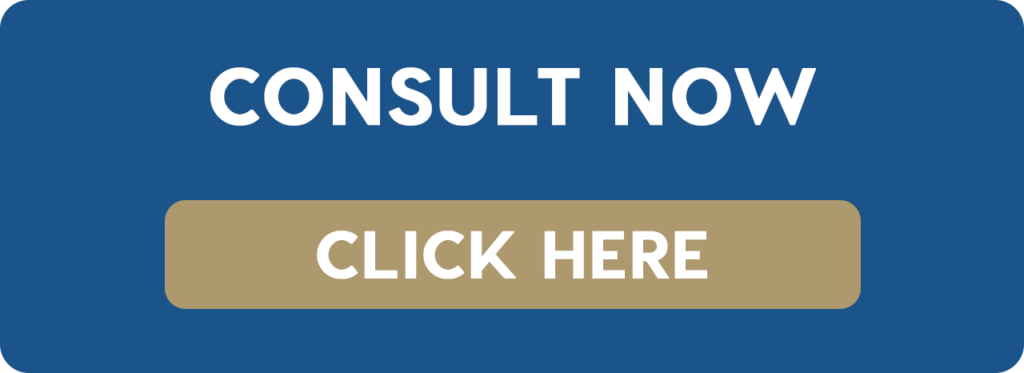Transurethral Resection of the Prostate, commonly known as TURP, is a surgical procedure used to remove part of the prostate gland. The prostate surrounds the urethra, the tube through which urine exits the body. This procedure is typically used to treat benign prostatic hyperplasia (BPH), a non-cancerous enlargement of the prostate. When the prostate becomes too large, it can interfere with urination.
During TURP, a thin instrument is inserted through the urethra. This device uses either electric current or laser energy to remove a portion of the prostate tissue. Since the instrument enters through the urethra, no external incisions are required, making TURP a minimally invasive procedure.
Contents
Why is TURP Performed?
TURP is primarily performed to treat benign prostatic hyperplasia (BPH), a condition in which the prostate gland becomes enlarged. BPH is not cancerous and is commonly seen in aging men.
An enlarged prostate can compress the urethra, leading to difficulties with urination. Symptoms of BPH may include:
- A sudden, uncontrollable urge to urinate
- Frequent urination every 1 to 2 hours
- Kidney damage (in severe cases)
- Nocturia (frequent nighttime urination)
- Urinary retention (inability to completely empty the bladder)
- Interrupted or inconsistent urine stream
- Weak or dribbling urine flow
TURP Procedure Overview
Before the Procedure
Although TURP does not involve skin incisions, patients will require either general anesthesia or spinal anesthesia. The doctor will discuss the most suitable anesthesia based on the patient’s condition.
Patients may be instructed to fast (avoid food and drinks) for several hours prior to surgery. Be sure to inform your doctor of any medications or supplements you’re taking, especially blood thinners. Your doctor may advise you to stop certain medications temporarily before the procedure.
During the Procedure
TURP usually takes less than 90 minutes. The patient will be under anesthesia to prevent any pain or discomfort.
The steps involved include:
- Inserting a resectoscope (a thin tube with a camera) through the urethra
- Examining the prostate and removing excess tissue using laser or electric current
- Flushing the bladder with fluid to remove the resected prostate tissue
- Removing the tissue through the urethra
- Withdrawing the resectoscope
After the Procedure
After surgery, the patient will be taken to a recovery room. Some patients may need to stay in the hospital for 1–2 days, while others may be discharged the same day.
While in the hospital, a thin and flexible catheter is inserted through the urethra to ensure urine flows properly during the recovery process. The catheter is usually removed before the patient is discharged.
Benefits of TURP
TURP offers several advantages in treating BPH:
- Rapid Symptom Relief: Most patients experience significant improvement in urinary symptoms within a few days.
- Effective for Severe BPH Symptoms: TURP is recommended for moderate to severe urinary issues that haven’t responded to medication. It’s also suitable for patients with kidney stones, bladder stones, or kidney damage caused by BPH.
Risks and Potential Complications
Possible side effects and risks of TURP include:
- Erectile dysfunction
- Retrograde ejaculation
- Urinary incontinence
- Urinary tract infection (UTI)
- Blood in urine (hematuria)
TURP at Mandaya Royal Hospital Puri: Performed by Expert Urologists
Mandaya Royal Hospital Puri offers TURP procedures performed by highly experienced urologists:
1. dr. Hendy Mirza, Sp.U(K)
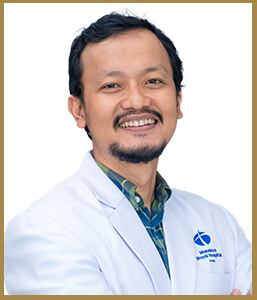
dr. Hendy Mirza, Sp.U(K) is a seasoned urologist who earned his medical degree from the Faculty of Medicine, University of North Sumatra. He pursued his urology specialization at the University of Indonesia and completed a fellowship in Pediatric Urological Reconstruction (Laparoscopy) at the same institution.
He practices at Mandaya Royal Hospital Puri and is also certified as a Pediatric Urology Consultant.
dr. Hendy is skilled in various urological procedures, including urinary tract surgeries, prostate biopsy, PCNL (Percutaneous Nephrolithotomy), and TURP.
Clinic Hours at Mandaya Royal Hospital Puri:
- Monday: 16:00 – 19:00 WIB
- Wednesday: 16:00 – 19:00 WIB
- Friday: 16:00 – 19:00 WIB
2. dr. Maruto Harjanggi, BSc(Hons), Sp.U, FICS
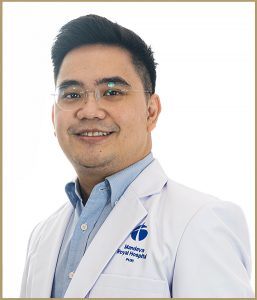
dr. Maruto Harjanggi, BSc(Hons), Sp.U, FICS is a urologist who completed both his general and urology medical education at the University of Indonesia. He also earned a Bachelor of Science from the Faculty of Medical Sciences at Newcastle University, UK.
dr. Maruto specializes in urological procedures such as kidney stone surgery, prostate procedures, and vasectomy.
Clinic Hours at Mandaya Royal Hospital Puri:
-
Monday to Saturday: 09:00 – 13:00 WIB
Book Your Appointment Easily
To make your visit more convenient, use our WhatsApp chat feature, Book Appointment tool, or download the Care Dokter app from Google Play or the App Store. With the app, you can check your queue number, schedule visits, and access complete medical information.
